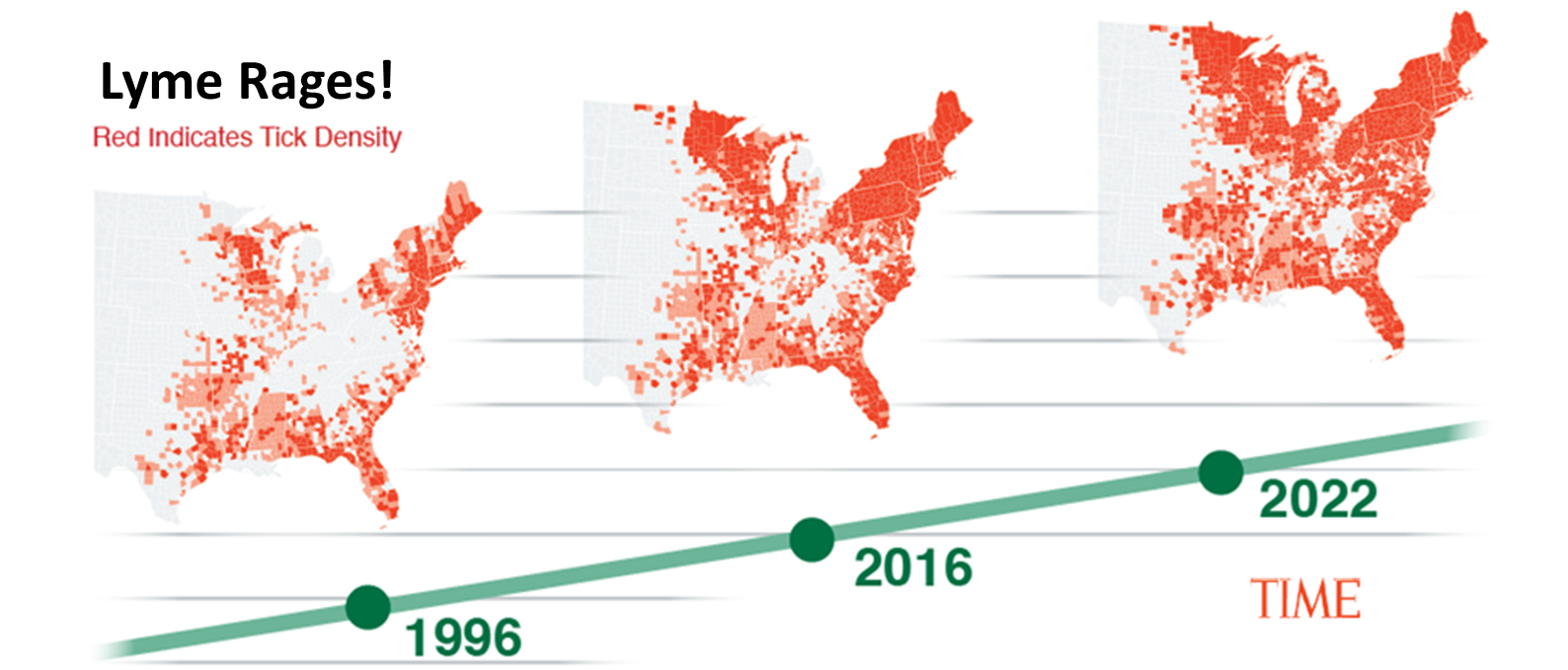GUEST POST: “NO”, IT CAN’T BE A “NO”: Soliciting Feedback from Allocators

There is nothing enjoyable about rejection, no matter how it comes. In the case of fund GPs/sponsors, rejection is especially painful when they have displayed transparency, authenticity, and the potential for strong future returns. A mere rejection, however, does not tell the whole story. Progress likely stalled for a variety of reasons, many of which are unrelated to the merits of the investment opportunity itself. A myriad of advantages can be gained from determining what caused the rejection, including viable details of what needs to be improved, a framework for future positioning, understanding the pain points of similar prospective investors, the knowledge that other extrinsic factors were responsible, etc. However, prospective investors, mainly due to time constraints, tend to be generally hesitant to provide unadulterated specific feedback about why the opportunity was turned down – they rather rely on generic umbrella rejection classifications such as “not a fit”, “not differentiated enough”, “budget limitations”, “their oversaturation in a particular sector/strategy”, “portfolio construction”, etc. These brief justifications provide GPs/sponsors with just a gist of the full story, but more color provides actionable benefits.
Highlighted below are a few ways to get useful feedback during courtship or after rejection by prospective investors.
- Exude a long-term relationship-building persona: Other than indisputable quantitative truths, allocators are keenly aware that their conclusions are subjective and highly qualitative. Furthermore, like with most life scenarios, circumstances can quickly change within organizations. It is always in the best interest of a GP/sponsor to position itself as a long-term-minded entity that understands that it takes time to build fruitful relationships. Putting forth a pragmatic and patient persona removes the transactional nature of the interactions and allows the presiding analyst to be more forthright about aspects of the investment opportunity that do not fit the allocator’s current goals.
- Empathize with the plight of allocators (read more: Allocator Empathy (Nurture Your Champion) – Freedomization): Allocators are inundated with very large numbers of inbound investment solicitations weekly. It is incumbent on the GP/sponsor to appreciate the plight of the allocator and ensure that transparency, authenticity, and a clear value proposition are embedded in all communications. If the GP/sponsor is successful in conveying these attributes, the allocator becomes more willing to share critical feedback, increasing the chances for deeper engagement in the future.
- Willingness to receive critical feedback: Some GPs/sponsors become increasingly defensive as the rejections pile up. This defensiveness sometimes carries into routine interactions with prospective investors. A defensive attitude is the quickest way to inhibit constructive feedback. Most allocators have to deliver more “Nos” than “Yeses” daily to investment opportunities, so projecting a defensive stance relegates the GP/sponsor into a “less is better” category when it comes to feedback. Exuding an openness to critical feedback and a willingness to learn/grow from it allows for constructive post-mortem discussions.
- Provide rejection categories in survey form or verbally: Easing the burden of allocators quickly ingratiates any GP/sponsor to that allocator. Asking for a feedback session from allocators can be burdensome in the eyes of allocators so finding innovative ways to lessen this task can prove to be quite effective in soliciting useful responses. Providing rejection categories in survey form or verbally is a clever way to facilitate the divulging of information. This method shows thoughtfulness by the GP/sponsor and also gives a forum for the allocator to stick to survey points, and/or elaborate if compelled to do so.
- Emphasize the importance of the allocator’s role at the intersection of information and market dynamics: Although it may not seem like it at the time of rejection, most allocators aim to be as helpful to GPs/sponsors as possible. Allocators generally understand that providing GPs/sponsors with useful analyses of the pros and cons of their strategies contributes to better (or more appealing) offerings in the future. By emphasizing the valuable vantage point from which these allocators sit, GPs/sponsors can make the most of allocators’ inclination to be useful. Inquiring about what other preferred GPs/sponsors are doing better or emphasizing a desire to become the leader in a given investment field, allows an allocator to unabashedly express their opinions around areas within your strategy that need improvement.
- Expression of gratitude: Explicitly expressing gratitude for any allocator interaction may seem intuitive and practical, but it has a significant impact on maintaining a human element. At the end of the day, you are dealing with human beings who are balancing a variety of human aspects (emotions, moods, work, family, etc.) so acknowledging people using good manners, warmth, and emotional intelligence enables deeper connections to be formed. These more-than-superficial connections can create space for candid conversations that yield invaluable strategy- or pitch-improvement nuggets.
In the current age where “information” is more regal than it has ever been, it behooves GPs/sponsors to, on an ongoing basis, solicit as much of it as possible. There is virtually no downside to knowing what different prospective investors think about your firm/strategy. Information gathered can provide reasons to remain steadfast in the existing approach, tweak the current positioning, and/or just have a better awareness of prevailing investor preferences.
Anthony Kwesi Hagan
https://www.linkedin.com/in/anthony-kwesi-hagan-3aa9751
Founder and Head of Research, FreedomizationTM
May 21st, 2024.



